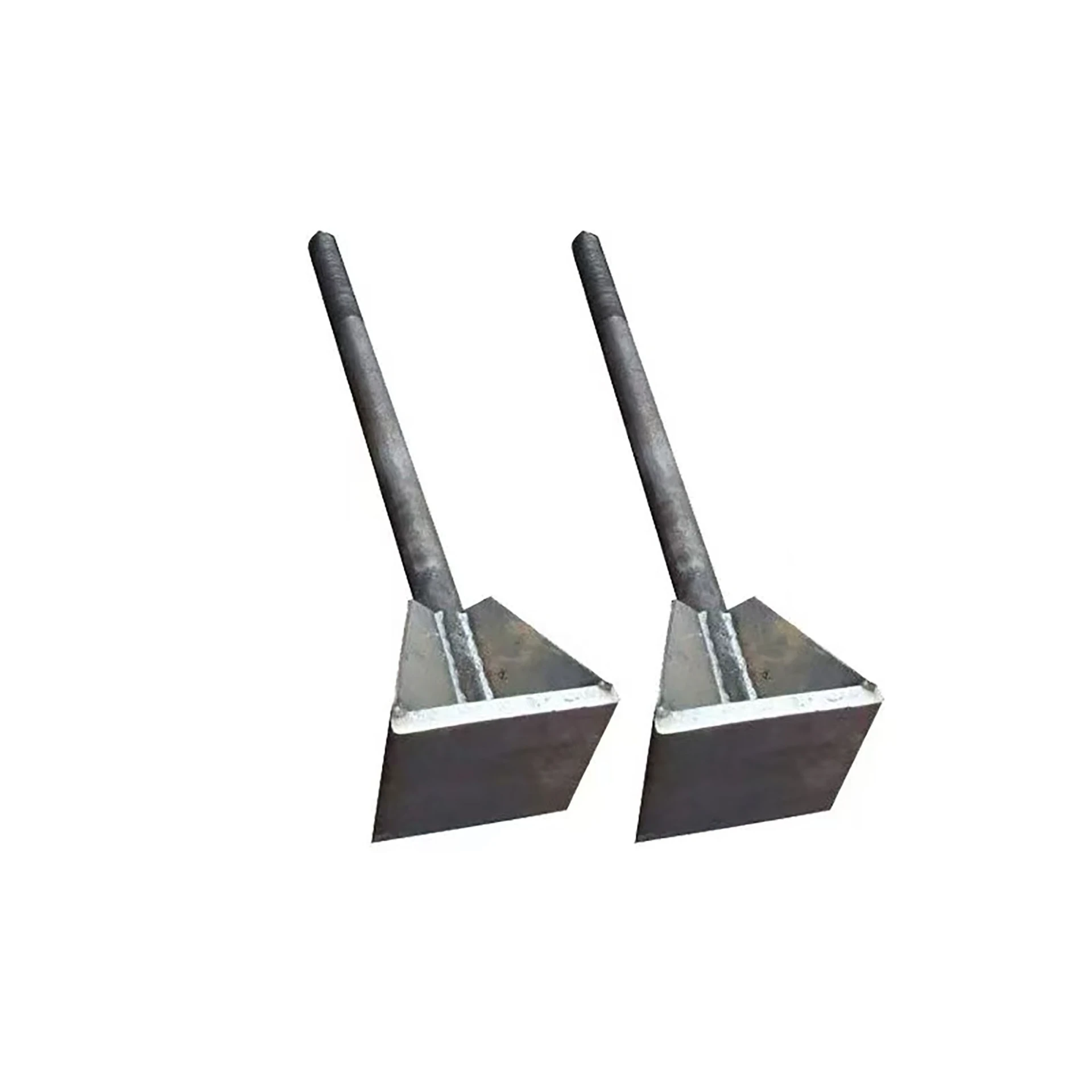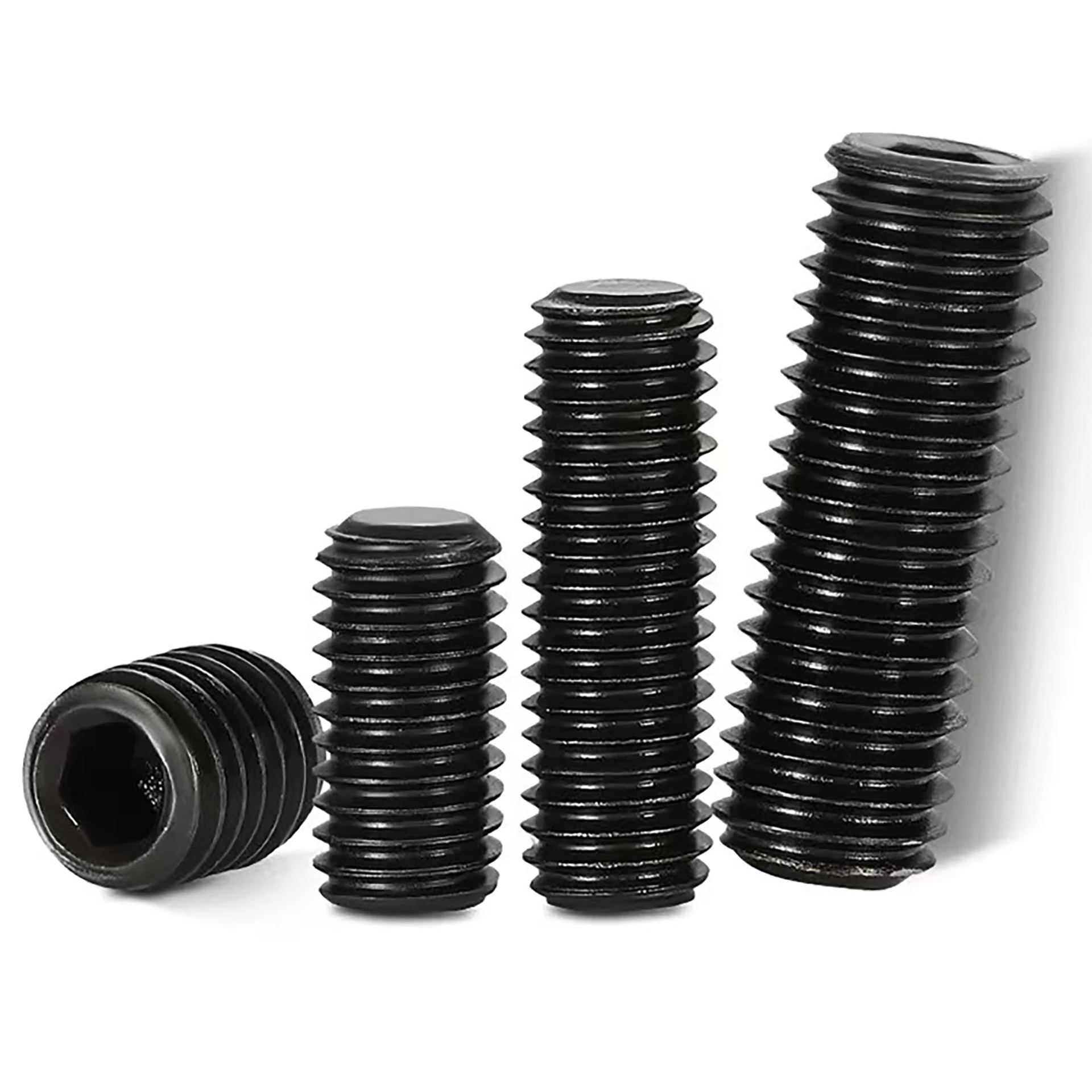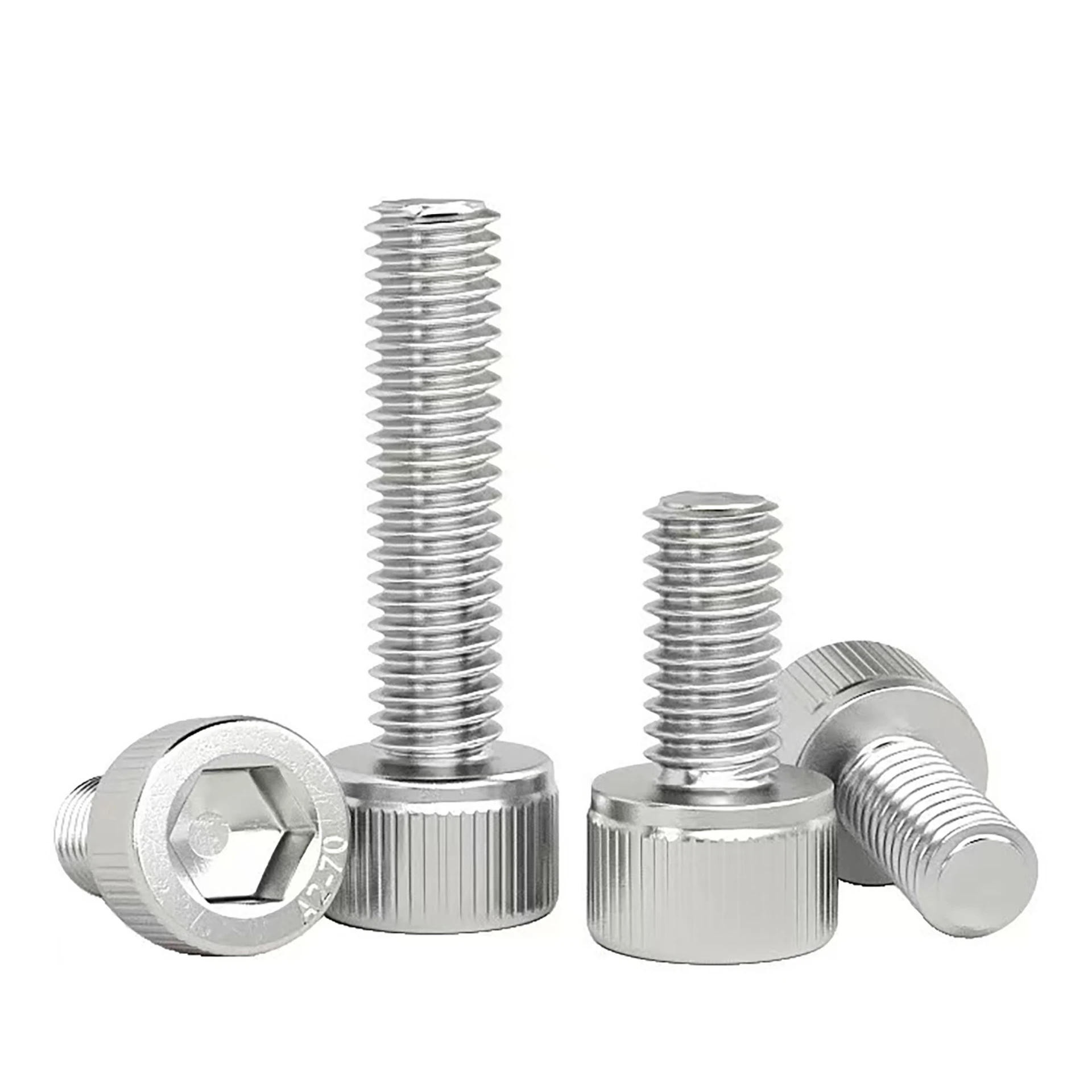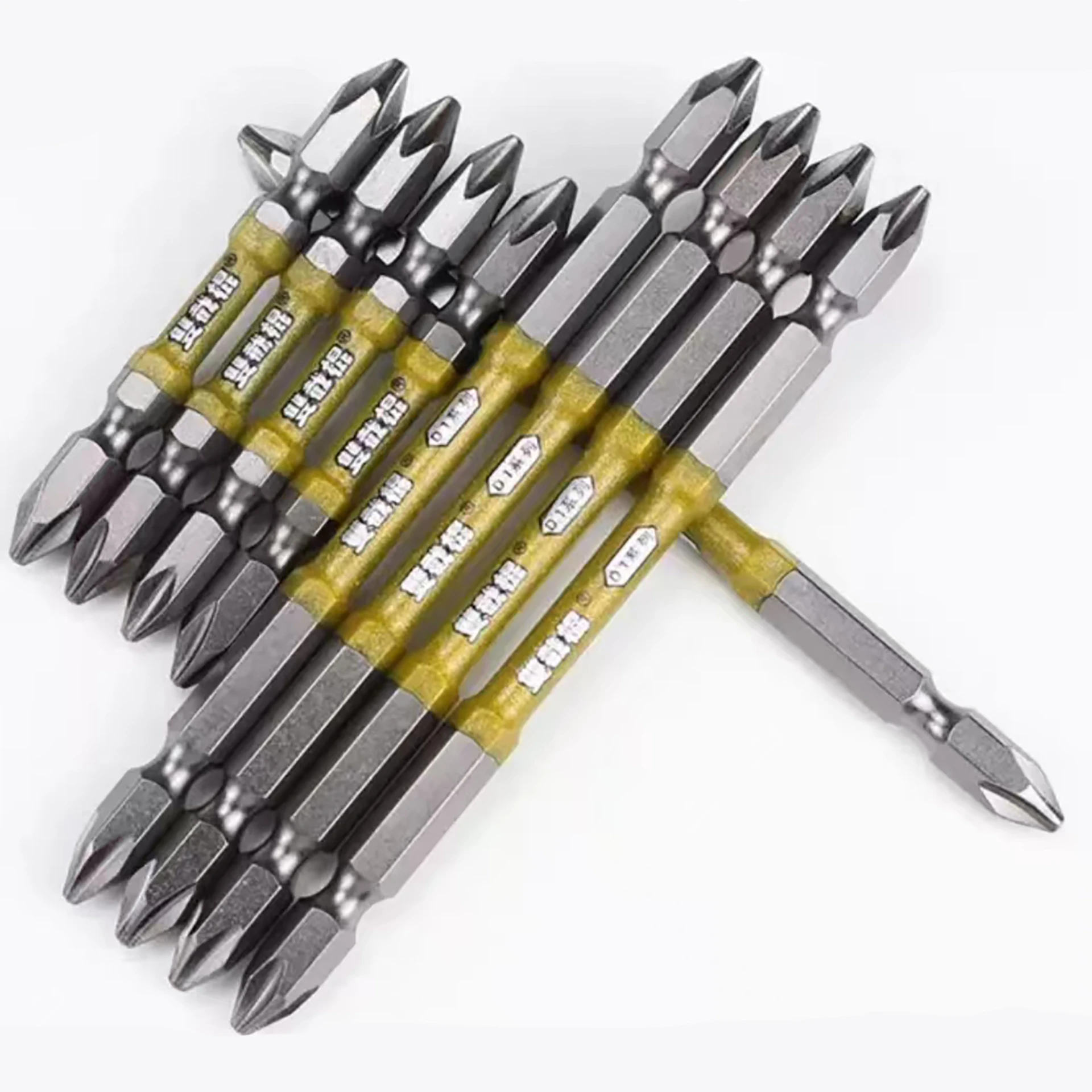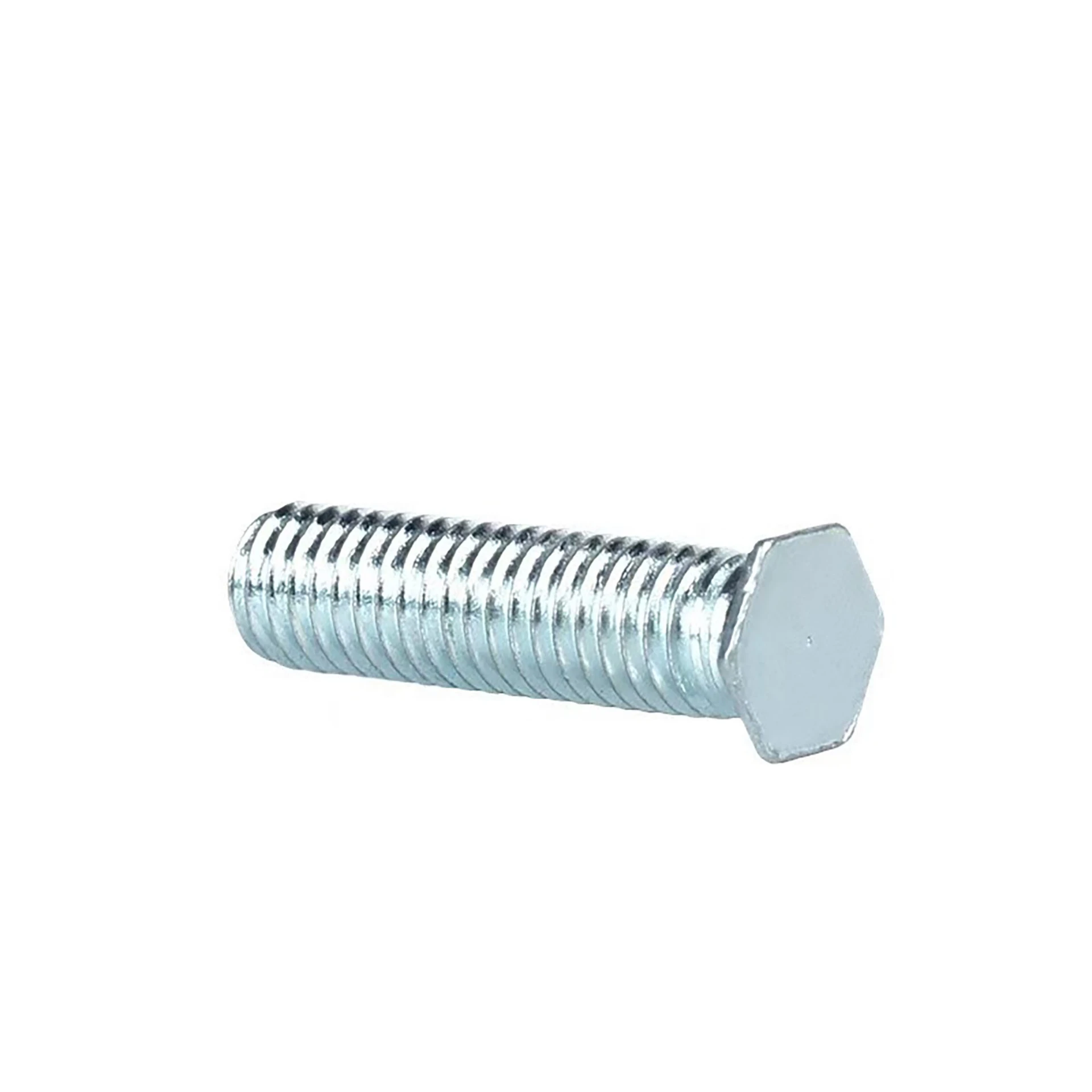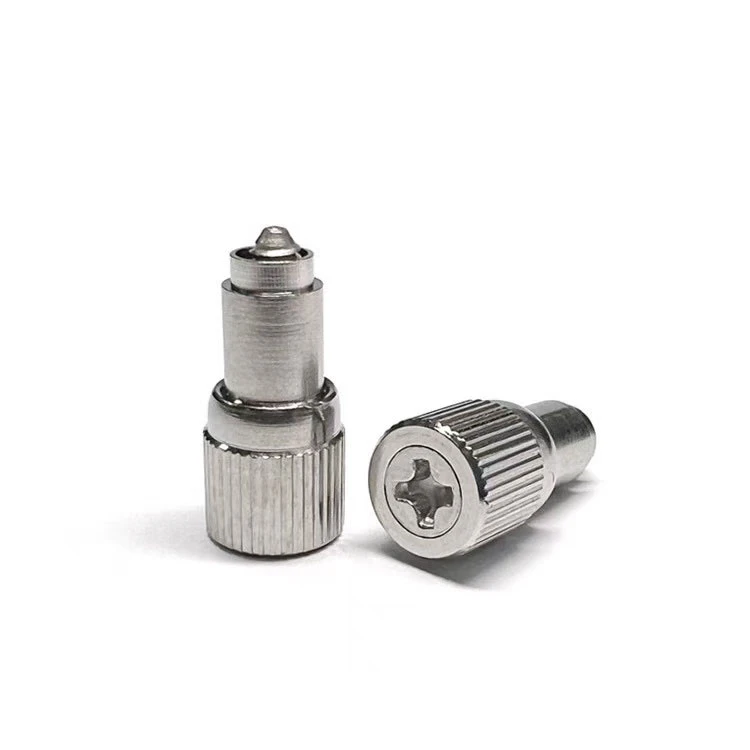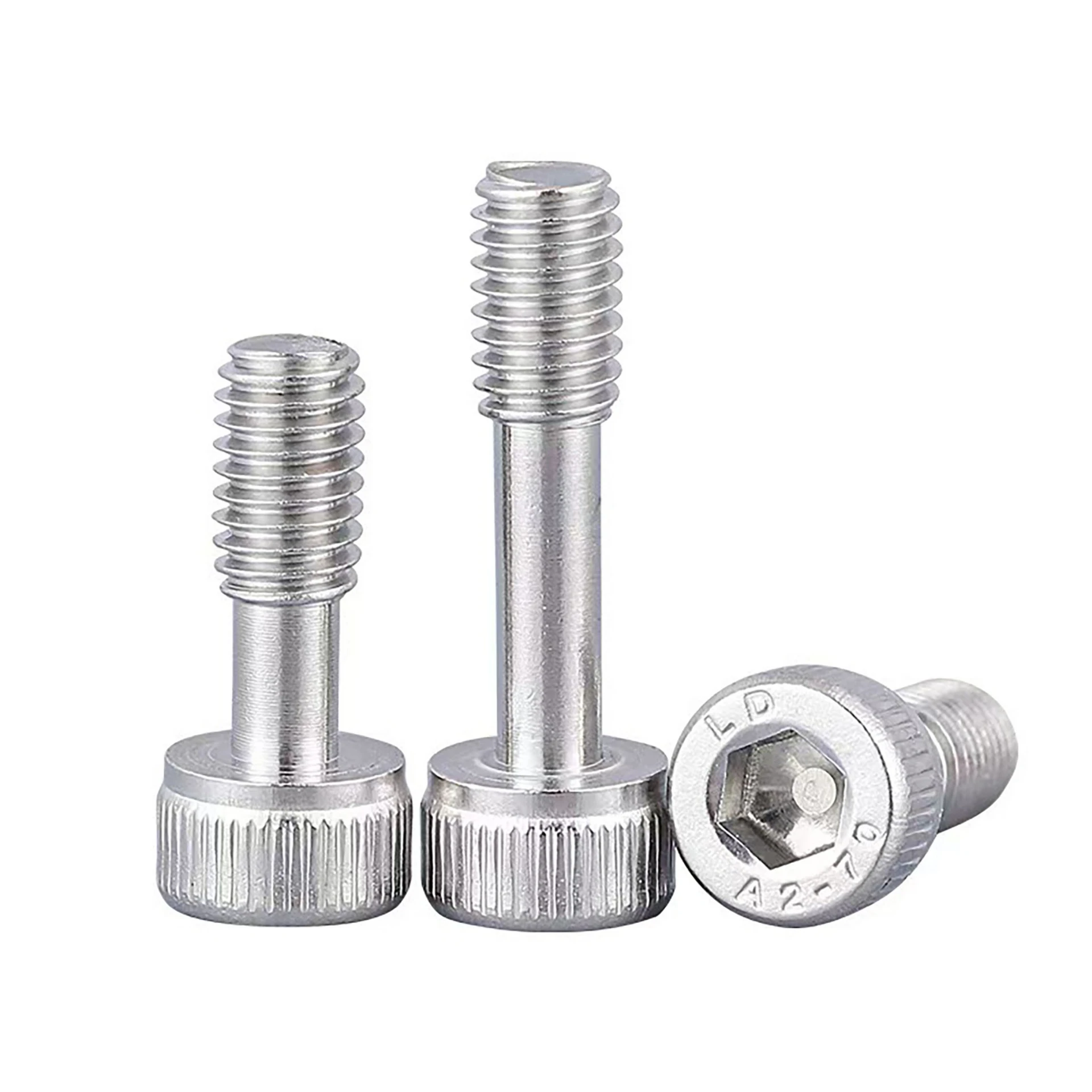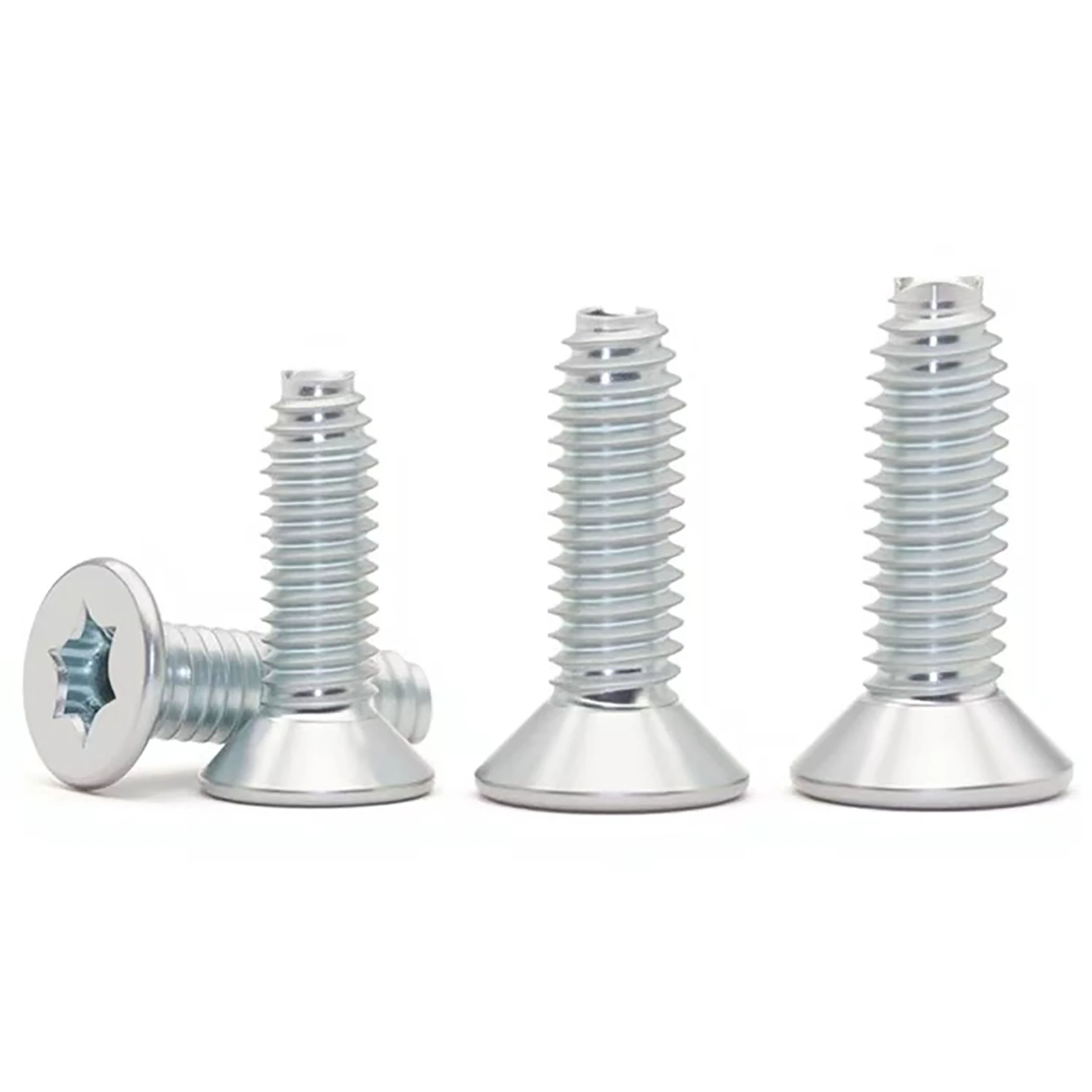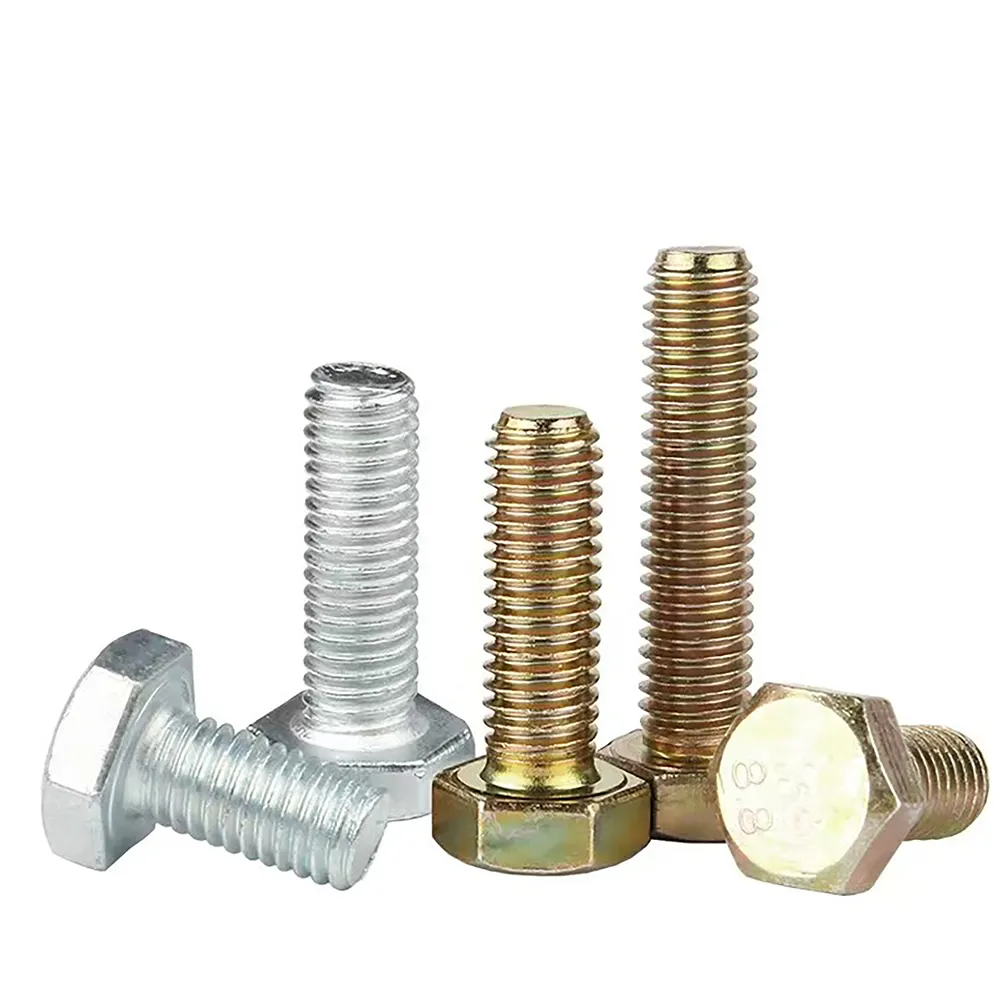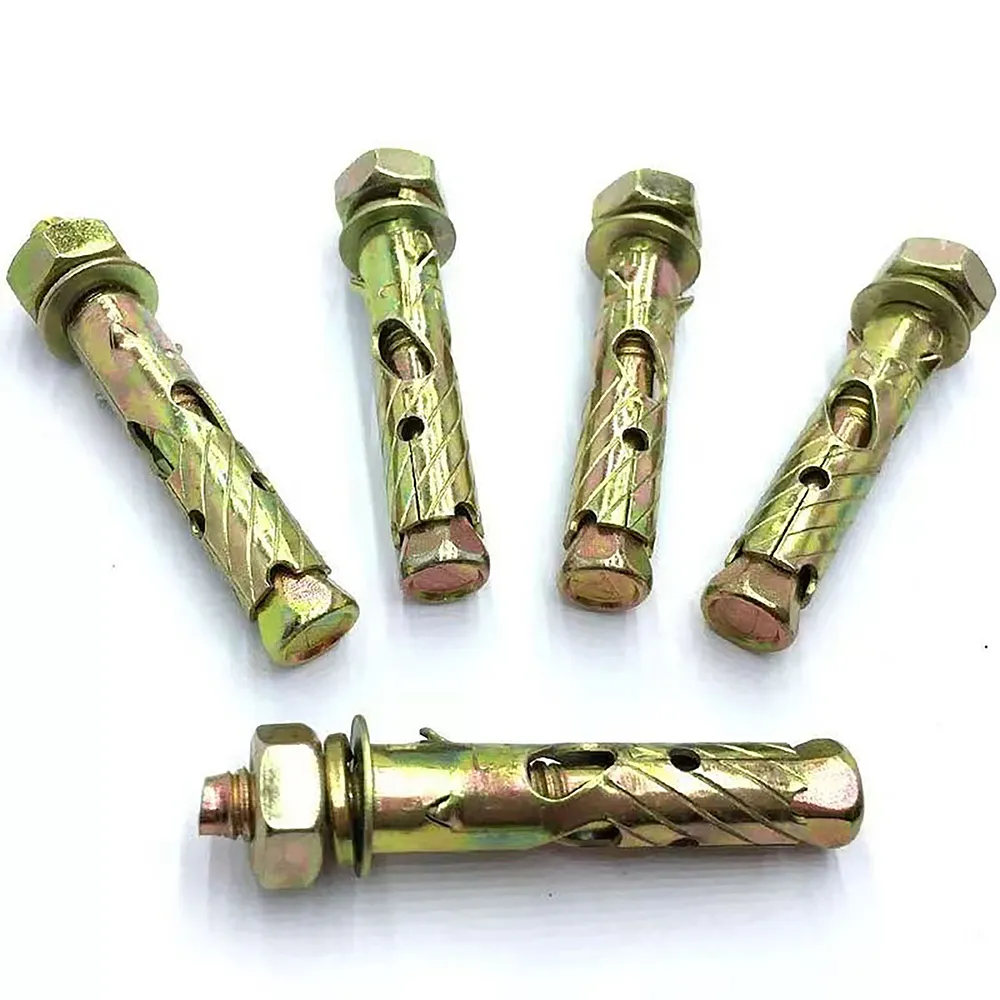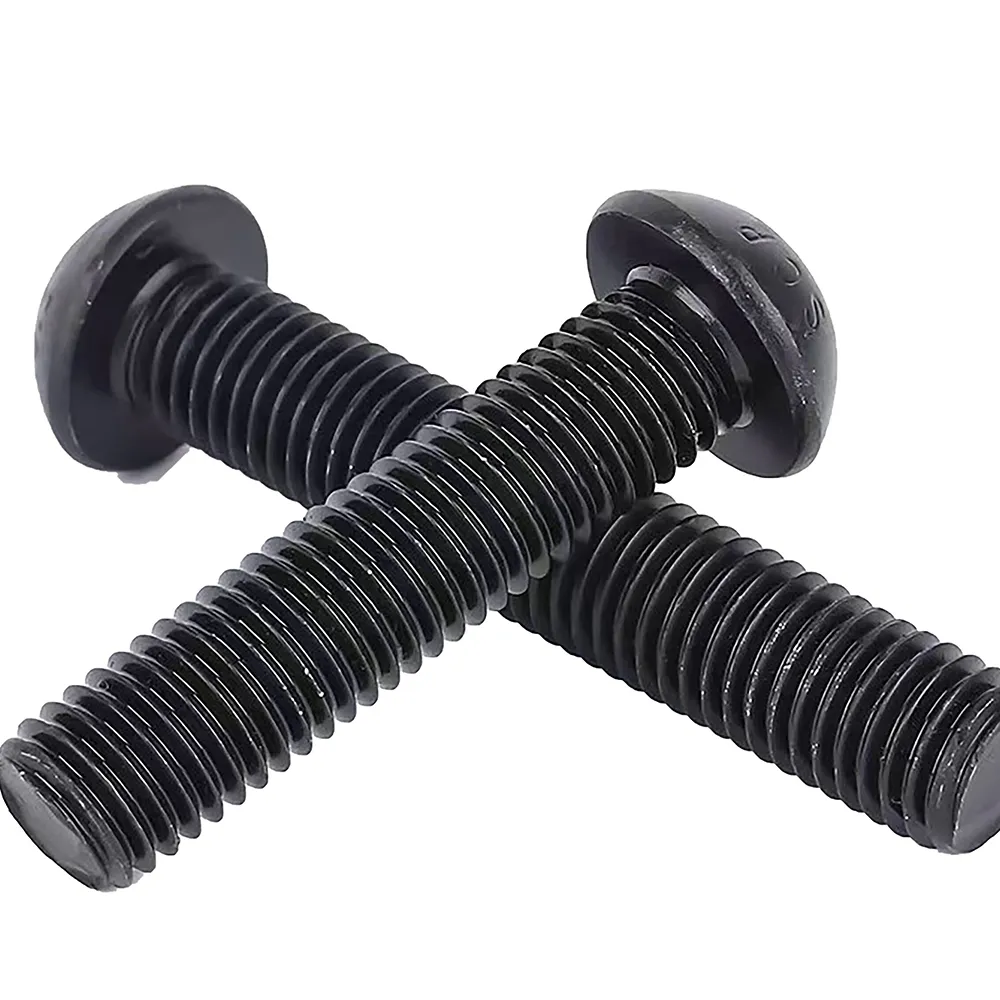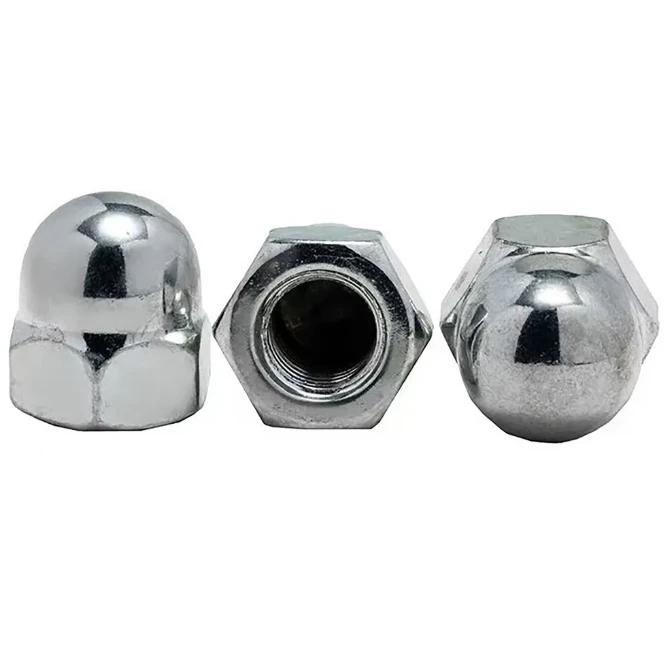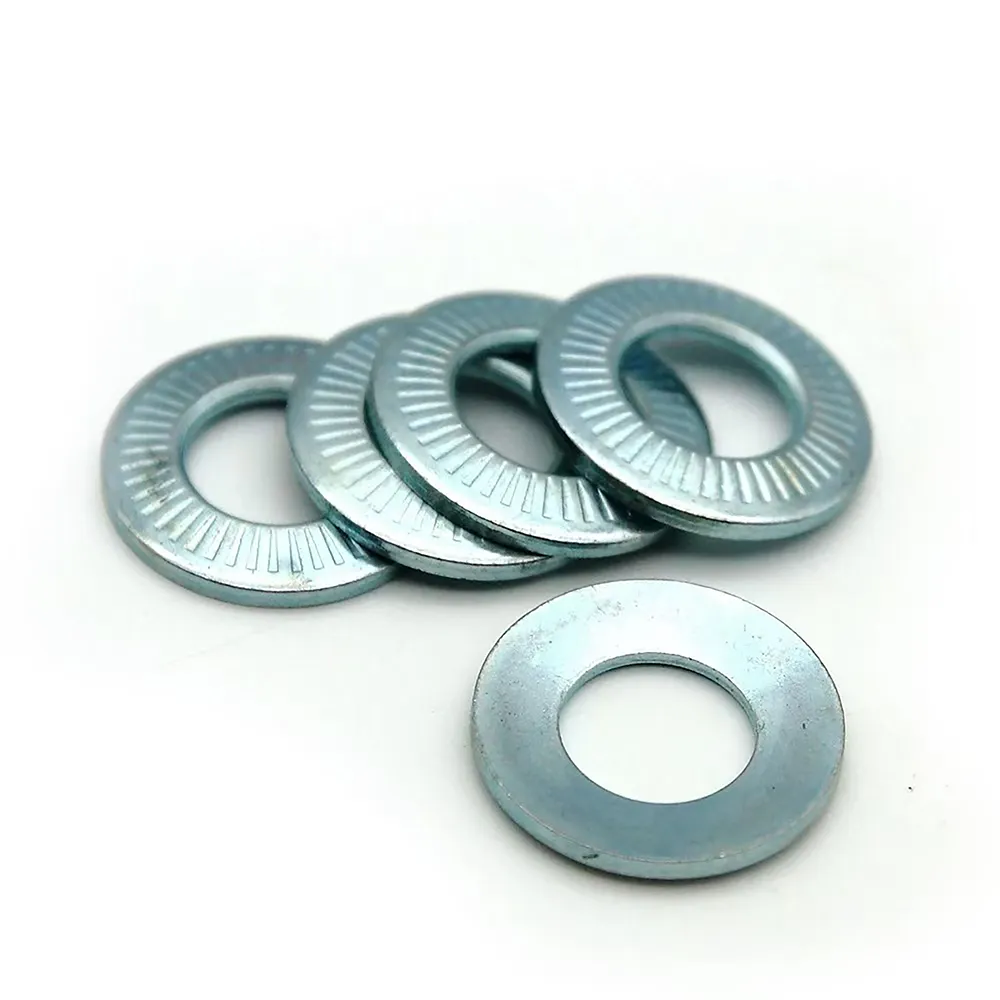Hex Screw Socket – Durable, Precise, and Globally Trusted Fastening Solution
Hex Screw Socket: A Small Part Making a Big Global Impact
If you ever tightened a bicycle bolt, tinkered on an engine, or assembled furniture, you may have used a hex screw socket without even noticing. This humble fastener component, often overlooked, plays a pivotal role in global manufacturing, construction, and even humanitarian efforts. Understanding the hex screw socket isn't just for engineers—its design and functionality impact industries worldwide by ensuring secure, reliable, and efficient fastening solutions.
With an estimated billions of products assembled worldwide requiring reliable fasteners, the hex screw socket stands as a quietly dependable hero in industrial and consumer sectors alike.
Global Context: Why Hex Screw Sockets Matter More Than Ever
Fastening technology underpins much of the global infrastructure. According to ISO standards on mechanical fasteners,ISO 21.060.10, hex screw sockets are among the most standardized fastening components used globally—ensuring interoperability across borders. The World Bank estimates over 70% of new durable goods in emerging markets use socket head screws, underscoring their growing impact.
But the problem lies in quality consistency and design precision. Poorly manufactured or ill-fitting hex screw sockets can cause structural failures or prolong assembly times, creating bottlenecks in manufacturing and increased costs. The demand is clear: build better, universal, resilient fastening solutions.
What Exactly Is a Hex Screw Socket?
Simply put, a hex screw socket refers to the internal six-sided cavity inside a screw head designed to fit a matching hex wrench or Allen key. Unlike traditional slotted screw heads, this design allows the driver to apply torque without slipping, offering smoother, safer usage.
Modern industries—ranging from automotive manufacturing to offshore equipment—rely on hex screw sockets due to their compact design, torque efficiency, and compatibility with automated assembly lines. Even humanitarian projects use them where reliability in challenging environments is critical.
Core Aspects That Make Hex Screw Sockets Tick
Durability and Material Selection
Hex screw sockets are typically crafted from stainless steel, carbon steel, or alloy metals—each with pros and cons. Stainless steel offers corrosion resistance for outdoor or marine applications; carbon steel provides excellent strength but needs protective coatings. Engineers often pick materials tailored to application environments to ensure longevity.
Precision Manufacturing
The shape and depth of the hex socket must be precise to avoid cam-out (slipping). Advances in CNC machining and tooling have improved tolerances, resulting in better fit and torque transfer efficiency, making assembly faster and safer—especially in automated settings.
Cost Efficiency
Compared to other screw head types, hex sockets are slightly more complex to produce but reduce labor costs due to faster assembly. Plus, their reusability factors in maintenance and repair scenarios.
Compatibility & Scalability
The hex socket design supports various sizes, from tiny screws in electronics to large bolts in heavy machinery. This versatility allows industries to scale production without switching toolsets.
Eco-Friendly Options
Newer materials and coatings aim to reduce environmental impact without sacrificing strength—think recyclable alloys and non-toxic finishes aligned with ISO environmental standards.
Mini takeaway: In real terms, hex screw sockets combine precision, strength, and adaptability, making them indispensable for modern manufacturing and maintenance.
How Hex Screw Sockets Power Industries Around the World
From automotive factories in Germany to solar farms in India, hex screw sockets hold things together. In post-disaster relief operations in Southeast Asia, modular shelters are assembled quickly using hex screw fasteners, ensuring safety and stability. In remote oil rigs, their resistance to corrosion is a lifesaver—literally.
Even in electronics manufacturing hubs like Taiwan and South Korea, micro-sized hex screw sockets secure delicate components reliably, enabling billions of devices to work seamlessly.
Organizations like the UN and ISO highlight how standardizing such components reduces waste, improves quality, and speeds up global supply chains.
Product Specifications: Typical Hex Screw Socket Screw
| Specification | Typical Value | Notes |
|---|---|---|
| Material | Stainless Steel (A2-70) | Corrosion resistant |
| Socket Size | 2 mm to 14 mm | Varies with screw diameter |
| Tensile Strength | Approximately 700 MPa | Depends on material grade |
| Coating | Zinc plated/Black oxide | Enhances durability |
| Drive Type | Hexagonal | Fits Allen keys or hex drivers |
| Applications | Construction, Machinery, Electronics | Versatile use cases |
Vendor Comparison: Leading Hex Screw Socket Suppliers
| Vendor | Material Options | Pricing $/1000 pcs | Customization | Lead Time |
|---|---|---|---|---|
| FastenBoen Inc. | Stainless steel, Carbon steel | $210 | Custom sizes and coatings | 2–3 weeks |
| HexPro Components | Carbon steel, Alloy steel | $180 | Limited custom options | 4–5 weeks |
| GlobalFasteners Ltd. | Stainless steel only | $220 | Standard sizes only | 1–2 weeks |
Advantages and Long-Term Value
Besides the obvious durability and precision, hex screw sockets contribute to sustainability by reducing fastener failure rates, meaning fewer replacements and less waste. Their reusability supports maintenance and repairs, giving products and structures longer lifespans.
From an emotional standpoint, many engineers say they trust a hex screw socket because it "feels right" in the hand—solid, reliable, precise. That trust translates into safety on construction sites and confidence in machinery performance.
Future Trends & Innovations in Hex Screw Socket Technology
We're seeing exciting developments such as coated hex sockets with anti-microbial properties for hospital equipment, smart screws embedded with tiny sensors to detect loosening, and new eco-certified materials reducing carbon footprints. Automation in manufacturing integrates hex screw socket drivers, speeding up assembly lines.
Green energy projects demand corrosion-resistant and lightweight fasteners for wind turbines and solar panels, pushing material science development forward. Frankly, the small screw head has a surprisingly big role in the future of industry sustainability.
Challenges & Solutions in Current Hex Screw Socket Use
One common challenge is tool cam-out and wear over time, especially in high-torque or repetitive use scenarios. Some hex socket designs struggle with debris accumulation, making maintenance tricky.
Innovations like deeper sockets, hybrid drive shapes (combining hex with star designs), and improved tooling materials help mitigate these problems. Designers also recommend regular inspection and lubrication, which can extend fastener life considerably.
FAQ: Frequently Asked Questions About Hex Screw Socket
- Q: How do I choose the right hex screw socket size?
A: Match the socket size precisely with the driver tool; most manufacturers specify sizes linked to screw diameter. Proper sizing avoids stripping. - Q: Can hex screw sockets be used in outdoor environments?
A: Yes, especially when made from stainless steel or coated alloys that resist corrosion. Look for weatherproof certifications for harsh conditions. - Q: Are hex screw sockets compatible with automated assembly?
A: Absolutely. Their design fits perfectly with robotic drivers and torque-controlled tools, improving assembly speed and precision. - Q: How do I maintain hex screw sockets to prevent wear?
A: Regular cleaning to remove debris and slight lubrication can prevent wear and maintain fit. Avoid over-torquing, which can deform the socket. - Q: Where can I find custom hex screw socket manufacturers?
A: Vendors like FastenBoen offer custom sizes, materials, and finishes tailored to specific project needs with reasonable lead times.
Conclusion: Why Hex Screw Socket Should Matter to You
At first glance, a hex screw socket might seem like just another tiny component, but it is a linchpin in countless applications worldwide—from delicate electronics to sturdy construction. Its blend of precision, durability, and versatility makes it essential in reducing waste, improving efficiency, and driving innovation.
If you’re involved in manufacturing, project design, or maintenance, investing time in understanding and sourcing quality hex screw sockets pays off in the long term—safer, faster assembly and happier end users.
For more on sourcing and specifications, visit https://www.fastenboen.com.
emai:
mary@fastenboen.com
References
Who We Are: The Right Fastener Partner for Global SMEs
Handan Boen Fastener Manufacturing Co., Ltd. (Est. 2010) specializes in producing standardized industrial fasteners, including bolts, nuts, washers, and other essential components. We provide cost-effective for small and medium-sized buyers in industries such as automotive parts, agricultural machinery, and construction.
